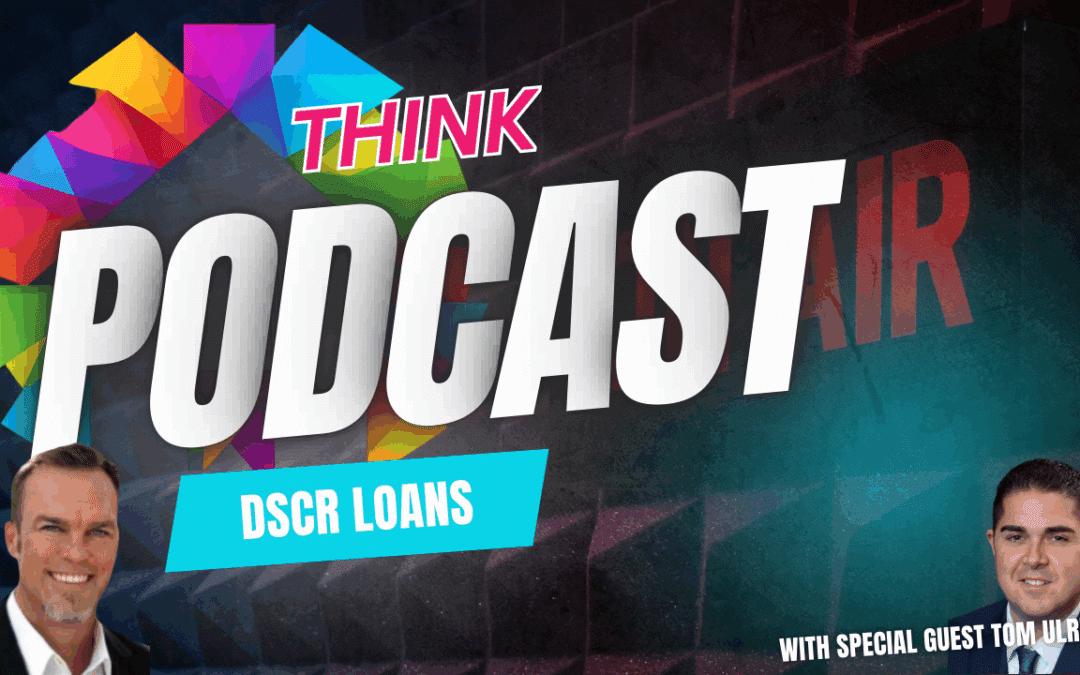 No. 1 – Painfully obvious, but frequently ignored, is goal setting
No. 1 – Painfully obvious, but frequently ignored, is goal setting
If you are preparing for a successful 2015 but have not finished – or even already started – your real estate investing goal setting process, you are late.
Successful investors have already set their goals and have prepared their business to execute those goals. So it’s critical.
Though it is an intimidating process for many, it is one of the aspects of this particular business I like the most. As investors, we are in a unique position with our business models that we can back into exactly what we need to do to live the lifestyle and earn the income we want to earn.
Think about, “What do I want to earn? What do I want to make? What lifestyle do I want to live? How much money do I need to support that lifestyle?”
After you define that annual income number, then ask yourself, “OK, what are the number of houses I need to buy to generate that income?”
Then determine your number of buys for next year. “If I need to buy that many houses, how many appointments do I need to go on based on my track record? How many houses am I able to buy based on the number of appointments I go on?”
Once you know the number of appointments that you need to generate the number of buys you need, then back into it. “To get that many appointments, I need to get that many leads – that number of motivated sellers.”
OK, then, to generate that many leads, how much advertising do you need to do in order to get those leads, to get those appointments, to get those buys, to generate that income?
I do not know many businesses out there where you can literally back into what exactly you need to do to earn the income you want.
We have that luxury as real estate investors if you follow that simple goal setting approach.
No. 2 – Advertising
We touched on advertising in that previous exercise. Advertising fuels our entire business and it translates ultimately to the income you will generate in your real estate investing business.
It is key in your business that you advertise. But more importantly, you have to stick to that advertising plan or budget. You’ve got to be able to resist the temptation to throttle that back and forth. You will have a bad month, and you will think that the next month you are going to save by cutting your advertising budget. If you cut your advertising, you will only have another bad month. You have to stay committed to your advertising and be consistent.
I cannot think of a single successful Fortune 500 company where the board gets together once a month and says, “Ok, this month no advertising. We did a lot last month.” Then the next month the board says, “OK, let’s do a little.”
Successful companies have an advertising plan, a marketing team and an advertising budget. They set it, and they execute against it. For most real estate investors, it’s our single largest expense because it’s our most critical. And it directly correlates to your success and your income. Stay with it; stay consistent.
No. 3 – Treat your leads like gold
Advertising is the single largest expense in your business and generates the single most important thing in your business: leads. You spent a lot of money to get them. So: follow up, follow up and follow up.
Shame on you if you fail to reach them on that first phone call or that first email. You have to continue to treat that lead like gold. If they don’t answer after responding to one of your yard signs or keying in their information on your website, try again until you reach that lead. Just because they were unavailable the first time you attempted to contact them does not mean they are a dead lead. That just means you just need to keep trying to get them.
So the key here is to treat your leads like gold. You paid dearly to get them. They are the key to your business. So follow up, follow up and follow up on all of those leads.
No. 4 –Run your real estate investing business like a business
Many real estate investors are guilty of not doing this. This is a business, not a hobby or a Sunday afternoon reality TV show. You are dealing in tangible numbers and houses and potentially millions of dollars moving through your business. Treat your business like a business. That means all of the uglies.
This is not a part-time hobby or interest. You wake up in the morning and you run that business like a business. What I mean is that at a minimum once a month, you have to be reviewing your P&L and looking at your balance sheet and digging into those numbers, looking back at key performance measures.
“How many leads did I get last month? How many appointments was I able to secure from those leads? How many buys did I get from those appointments? What type of profit did I generate from those buys?”
Those are reports, the P&L and the balance sheet, at a minimum you should be reviewing on a regular basis and living by. You spent all the time setting these goals, and the key business measures are your report card that will predict on whether you are going to hit those goals you set. Run your business like a business.
No. 5 – Cash flow vs. cash clumps
Based on my years of experience in this business, my recommendation – and it’s not just a suggestion – is to make sure you have a long-term cash flow component.
That means create some aspect of your business that is going to generate cash flow vs. cash clumps.
For instance, rental properties generate cash flow. Make sure that of all the houses you buy next year, you set aside a couple to build a slowly growing rental portfolio that generates mailbox money. Mailbox money means money that comes in and enters your business as income every month whether or not you are doing a significant amount of work. This is the key to building your long-term wealth.
Your temptation is going to be to buy a house, see a $20,000 profit opportunity, and sell that house next week or next month in order to get that $20,000 profit. That’s fine, and you can have that side of your business such as flipping, wholesaling or rehabbing.
But build in a long-term cash flow component so that 10, 20 or 30 years from now you don’t have to work as hard to make your income. You have cash flow coming in as passive income to support your future, your retirement, so you are not buying and selling houses every day and pedaling hard and working as fast as you can – because at that point you have a job as opposed to a real estate investing business.
Focus on cash flow. Make sure you have that component in your business.
Hear more detail from Kevin on this real estate investing topic on blogtalk radio here.
[hs_form id=”4″]

























0 Comments